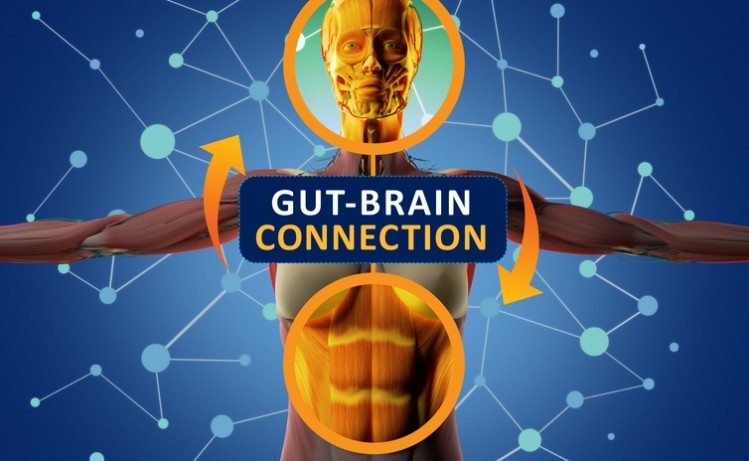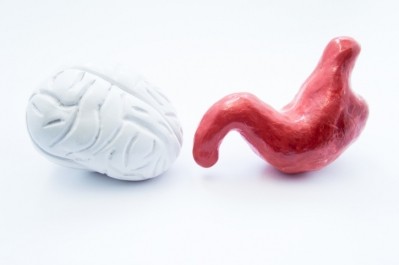Gut bacteria have direct line to brain: Mouse study

It’s been established that the gut ‘talks’ to the brain, with over 100 million neurons in the gut relaying sensory information. But this latest study finds that the gut-brain connection is much more direct than originally thought, revealing rapid communications between the two.
The research was led by Paul A. Muller, a former graduate student in the Laboratory of Mucosal Immunology let by associate professor Daniel Mucida, PhD, at The Rockefeller University. The study was published in the journal Nature.
“We describe how microbes can regulate a neuronal circuit that starts in the gut, goes to the brain, and comes back to the gut,” said Mucida. “Some of the neurons within this circuit are associated with irritable bowel syndrome, so it is possible that dysregulation of this circuit predisposes to IBS.”
As research expands to gain a better understanding of how gut neurons interact with their brain counterparts, scientists hope new insight could have major implications on treating gastrointestinal issues and other conditions linked to a malfunctioning gut, such as obesity, depression and autism.
Motility
Using ‘germ-free’ mice raised from birth in an isolated environment and given only food and water that had been thoroughly sterilized, the researchers analyzed the gut-connected neurons in the mice, which are microbe-free.
The scientists found that some gut-connected neurons are more active in the germ-free mice than in controls. This increase in neuronal activity causes food to move more slowly than usual through the digestive tract of the mice. When the researchers gave the germ-free mice a drug that numbs these gut neurons, they saw intestinal motility speed up.
Researchers aren’t sure how the neurons sense the presence of gut microbes, but the research team points to short-chain fatty acids. Their findings show that lower levels of the fatty acids within the guts of mice were associated with greater activity of the gut-connected neurons. When they increased the fatty acids, the activity of their gut neurons decreased.
Other microbial compounds and gut hormones that change with the microbiota were also found to regulate neuronal activity, suggesting additional players in this circuit.
Working backwards
Upon further experiments, the scientists hit a roadblock. They found that the particular type of gut-connected neurons activated by the absence of microbes did not extend to the exposed surface of the intestines, suggesting that they cannot sense the fatty acid levels directly.
The researchers decided to work backwards, tracing the circuit until they found a set of brainstem neurons that show increased activity in the germ-free mice. When the researchers manipulated control mice to specifically activate these same neurons, their experiments revealed these sensory neurons extended to the interface of areas of the intestine that are exposed to high-levels of microbial compounds, including fatty acids.
"We traced the whole loop and saw that neurons outside the intestines can be controlled by what happens inside the intestines," said Mucida.
The team turned off the neurons in order to mimic what happens in germ-free mice that lack the fatty acids. They observed activated neurons in the brainstem as well as gut neuron activity that controls intestinal motility.
"It is plausible that the circuit identified here could be involved in additional gut-brain bidirectional interactions, which could influence several intestinal as well as neurological diseases, including IBS and even behavioral abnormalities,” noted Mucida.
Source: Nature
(2020) DOI: 10.1038/s41586-020-2474-7
“Microbiota modulate sympathetic neurons via a gut–brain circuit”
Authors: P. Muller et al.
















